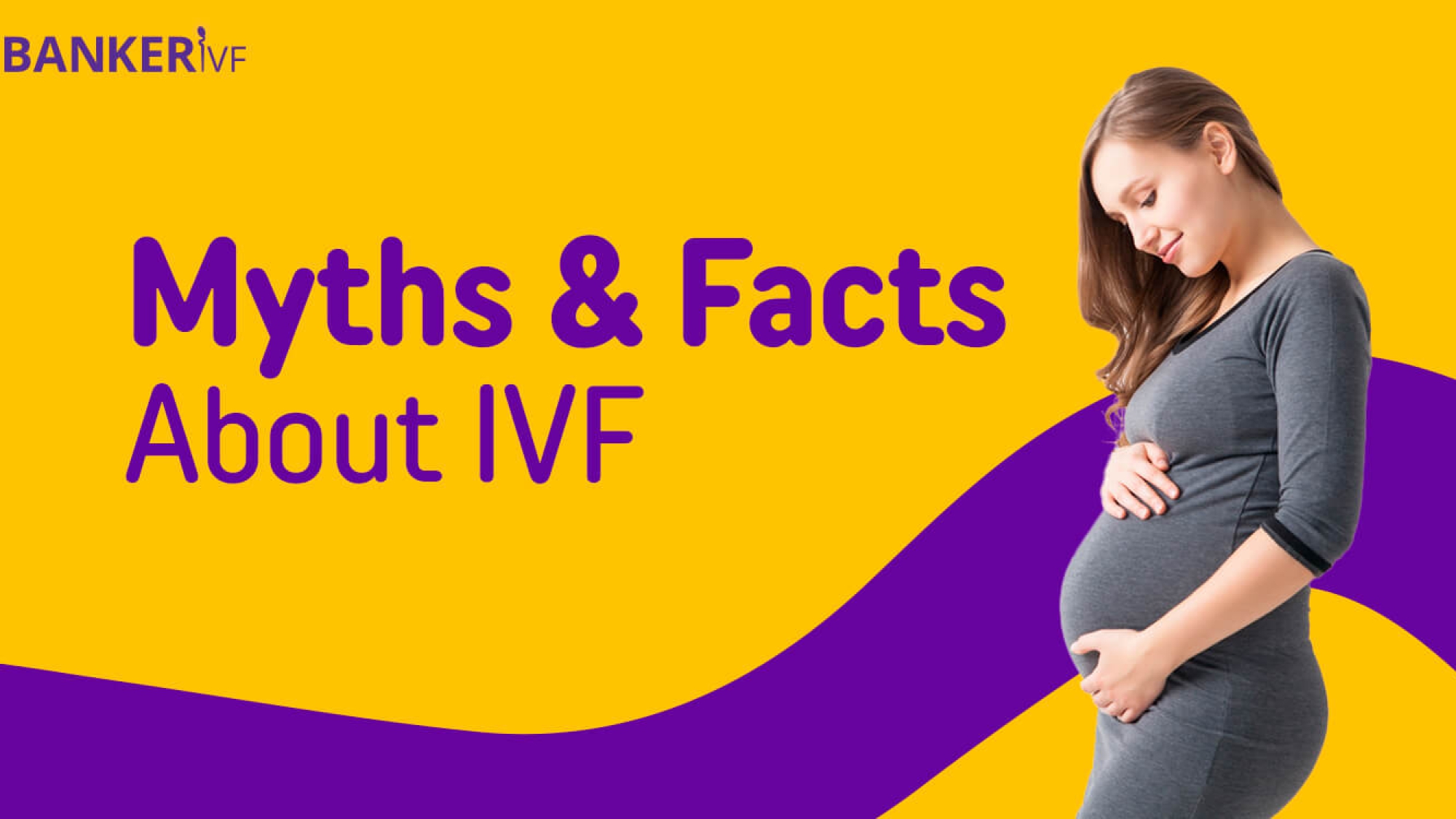In vitro fertilization, or IVF, is the process of fertilizing an egg and sperm in a laboratory and then implanting the embryo into the uterus. Despite the fact that In Vitro Fertilization (IVF) is a common and efficient solution for infertility, it is buried in myths and misconceptions. Because of the surrounding IVF myths, some couples are discouraged from seeking IVF treatments, which is, in reality, a blessing for couples with fertility issues.
In this blog, we’ll talk about IVF and the common myths that surround it. The purpose of bringing this up is to share facts about IVF so that you are not misled by myths in the future.
IVF Myths and Facts
- IVF Myth- If you are infertile, the only way to conceive a child is through IVF.
- IVF Fact– Unless you or your partner have genetic abnormalities or are in a same-sex relationship, you may not need IVF to conceive a healthy child. After you and your spouse have had a thorough Basic Evaluation and Work-up, we might propose IVF.
Simpler operations, such as surgery to treat structural issues or hormone-balancing drugs, may be of use to you. You might also choose artificial insemination or Intrauterine Insemination (IUI), in which sperm from your spouse or a donor is implanted into your uterus without sexual.
- IVF Myth– If you have IVF, you should expect multiple children.
- IVF Fact– In the early stages of IVF procedures, doctors would often transfer multiple fertilized embryos in the hopes that eventually, one would survive. When more than one embryo survives, the females end up giving birth to twins, triplets, quadruplets, and more.
Multiple births are possible when more than one embryo is transferred during IVF. However, it is not IVF but the number of embryos transplanted into the uterus during the treatment that raises your probability of having multiple babies.
However, technological advances have enabled us to test the viability of the embryos and choose one or two of the highest-scoring embryos for transfer. We’ll generally freeze the others for your future, in case you want to have another child.
- IVF Myth– IVF babies are born with genetic abnormalities and disabilities.
- IVF Fact– There is no proof that kids born through IVF have a higher risk of developmental delay or physical impairments that lead to health problems. The chance of having an IVF kid with abnormalities is quite minimal. The congenital abilities of new-born babies through IVF are identical to those of babies born naturally.
In addition, we make full use of technology to assist in alleviating your concerns about potential health or developmental difficulties. Preimplantation genetic testing (PGT), for example, allows us to discover potential issues prior to IVF implantation. PGT can be used to identify the causes of past miscarriages or problems caused by genetically related chromosomal abnormalities.
- IVF Myth– The success rate of IVF is 100%.
- IVF Fact– This is not the case. In couples under the age of 35, IVF has a success rate of roughly 50%. In addition, the success rate of IVF is affected by a number of factors, including age, the reason for infertility, as well as biological and hormonal disorders.
Ovulation induction (OI) using medicines, Intrauterine Insemination (IUI), and other Assisted Reproductive Treatments (ARTs) can help childless couples conceive. In Vitro Fertilization (IVF) is just another one of these fertility treatments.
- IVF Myth– For older women, IVF is a great option.
- IVF Fact– Mature women have a hard time getting pregnant since their eggs are older, scarcer, and less viable. In truth, as you get older, your reproductive system slows down as it prepares for menopause, and every organ in your body gets a little weaker.
IVF can be quite effective for older women, but there is no assurance, especially if you have a low egg reserve. We can also try to pool embryos from multiple cycles and test them with PGT and transfer chromosomally normal embryos to have a good chance at pregnancy. We can try & use Donor egg treatment if the IVF procedure is not successful.
Related- When is donor egg and sperm required to treat Infertility?
So, here it is- IVF myths and IVF facts. Now you can make an informed decision without any misinformation getting in the way.
Furthermore, consulting with an IVF treatment professional like Dr Banker from a reputed IVF treatment centre about your worries is a good idea. Just keep in mind that IVF is a boon for childless couples who want to start a family of their own.
Having a comprehensive understanding of the interesting facts about the IVF procedure is a terrific approach to make your mind up about whether or not this treatment is right for you.
